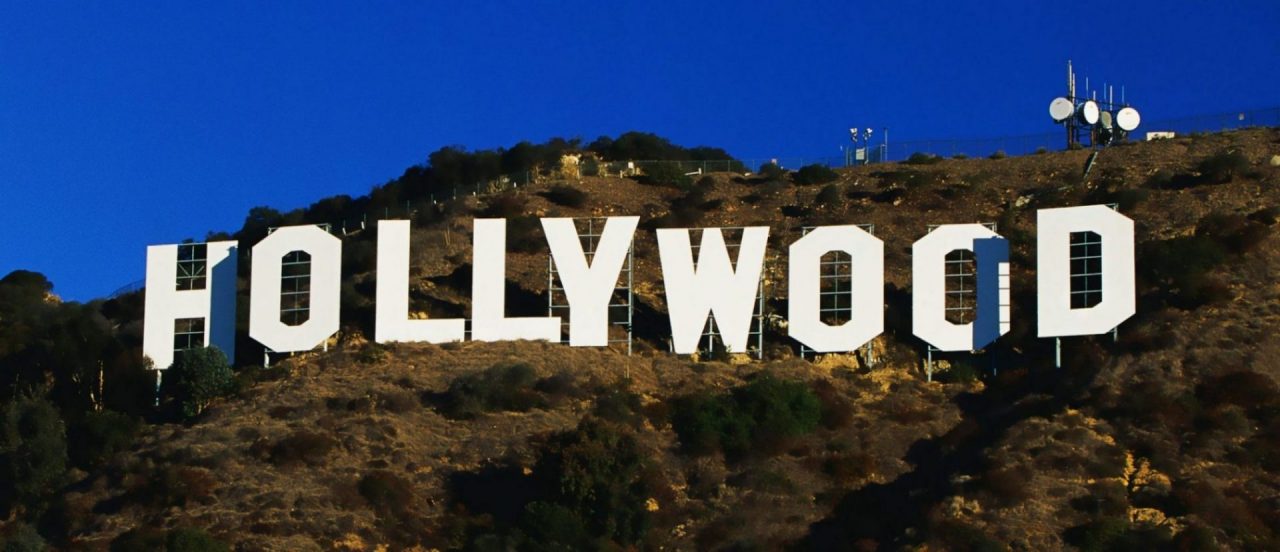The Writers Guild of America (“WGA”) and the Association of Talent Agents (“ATA”), the latter of which is primarily represented by the Big Four or “Uber Agencies,” have sparred over packaging fees since the mid-1990s. The WGA has considered these fees, which agents extract from production studios, to represent an inherent conflict of interest. The April 2019 expiration of the franchise agreement between the WGA and the ATA prompted the WGA to take a firm stand prohibiting packaging fees. This action has prompted a flurry of litigation, into which the U.S. Department of Justice has recently waded by issuing a statement of interest in clear favor of the talent agencies. This article argues that the DOJ’s position is misguided from an economic perspective, and that the WGA’s actions are protected by the labor antitrust exemption.
Hal Singer, Ted Tatos1
I. INTRODUCTION
The long-simmering dispute between the Writers’ Guild of America (“WGA”) and the Association of Talent Agents (“ATA”) rose to a crescendo in 2019. The conflict raises complex economic questions of relative bargaining power and coordination rights — namely, when can workers coordinate on wages, and when can firms coordinate on prices, in ways that do not run afoul of the antitrust laws?
The parties had been operating under the Artists’ Manager Basic Agreement of 1976,2 which was due to expire at midnight on April 13, 2019. Negotiations bet
...THIS ARTICLE IS NOT AVAILABLE FOR IP ADDRESS 216.73.216.190
Please verify email or join us
to access premium content!

